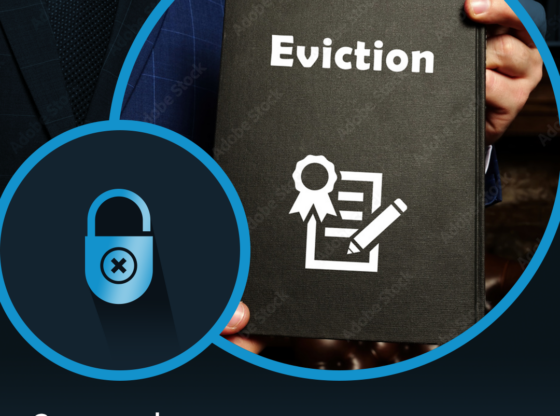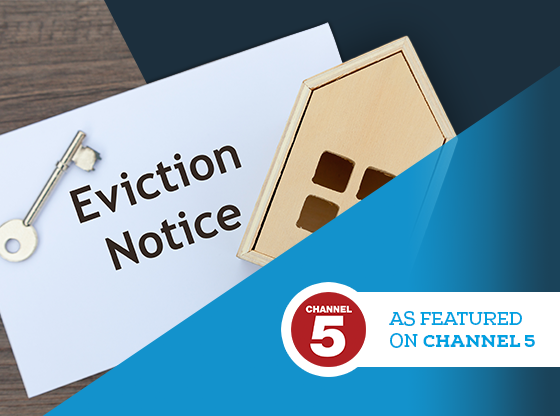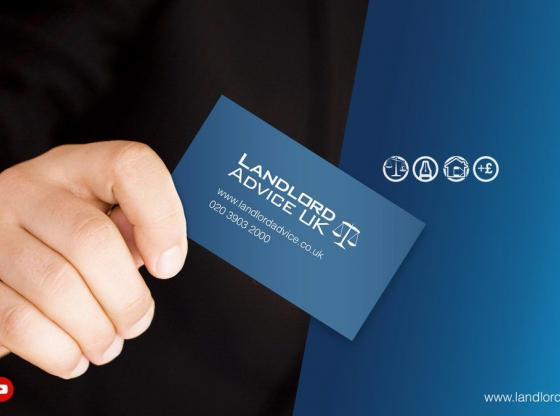Courts to Consider Remote Hearings
The media have been criticising Judges for not having yet joined the 21st century in that majority of the courts are not set up to easily accommodate court hearings remotely. Remote hearings can be conducted by way of a telephone conference, Skype and other platforms.
In a statement, the Ministry of Justice said:
“We have put in place arrangements to use telephone, video and other technology to continue as many hearings as possible remotely. We will make best possible use of the equipment currently available; and are working nonstop to update and add to that.”
On 20 March 2020, the Judiciary published a new protocol regarding remote court hearings. The protocol expresses that it is inevitable that undertaking numerous hearings remotely will cause teething troubles.
The protocol identified the following legal issues to be addressed before any remote hearing can begin:
(i) whether the hearing is to be in public or in private; if in private, on what grounds, and
(ii) how is the hearing to be recorded, or can an order properly be made to dispense with the recording?
As to the first, remote hearings should, so far as possible, still be public hearings. This can be achieved in a number of ways:
(a) one person (whether judge, clerk or official) relaying the audio and (if available) video of the hearing to an open courtroom;
(b) allowing accredited journalists to log in to the remote hearing; and/or
(c) live streaming of the hearing over the internet. The principles of open justice remain paramount.
As to the second, the recording of hearings and compliance with CPR Part 32.9 can also be achieved in a number of ways:
(a) recording the audio relayed in an open courtroom by the use of the court’s normal recording system,
(b) recording the hearing on the remote communication programme being used (e.g. BT MeetMe, Skype for Business, or Zoom), or
(c) by the court using a mobile telephone to record the hearing. It is not, however, permitted for the parties to record the hearing without the judge’s permission.
The protocol went on to confirm that the available methods for remote hearings include (non-exhaustively) BT conference call, Skype for Business, court video link, BT MeetMe, Zoom and ordinary telephone call. But any communication method available to the participants can be considered if appropriate.
So how will possession claims now be dealt with by the courts?
The protocol requires Judges, clerks, and other officials to, wherever possible, propose to the parties one of three solutions:-
(i) a stated appropriate remote communication method (BT conference call, Skype for Business, court video link, BT MeetMe, Zoom, ordinary telephone call or another method) for the hearing;
(ii) that the case will proceed in court with appropriate precautions to prevent the transmission of Covid-19; or
(iii) that the case will need to be adjourned, because a remote hearing is not possible and the length of the hearing combined with the number of parties or overseas parties, representatives and/or witnesses make it undesirable to go ahead with a hearing in court at the current time.
If the parties disagree with the court’s proposal, they may make submissions in writing by email or CE-file (if available), copied to the other parties, as to what other proposals would be more appropriate. On receipt of submissions from all parties, the judge(s) will make a binding determination as to the way in which the hearing will take place, and give all other necessary directions.
Mr Ahmed, CEO of the British Landlords Association said:
“The BLA welcome the Judiciaries protocol regarding remote hearings. The courts are outdated with respect to technology for remote hearings and this crisis may see a radical change to the way in which courts can hear cases not only through the current crisis, but after.
Thousands of our members have already experienced their possession claim having been adjourned by the court due to the Covid-19 outbreak. The new protocol may ensure that landlords’ possession claims are dealt with promptly by the courts once the relevant systems are in place for remote hearings to take place.
We have urged the courts to temporarily revise the section 8 eviction procedure to be similar to the accelerated route for possession in which there is usually no court hearing. This could not only ensure landlords can continue to have access to justice but save time and costs for all parties.”
For lawyers, you should read the Civil Justice Protocol Regarding Remote Hearings here:
You can also read the update on the Coronavirus Bill and eviction here.
Author: Mr Sasha Charles
Date: 25th of March











